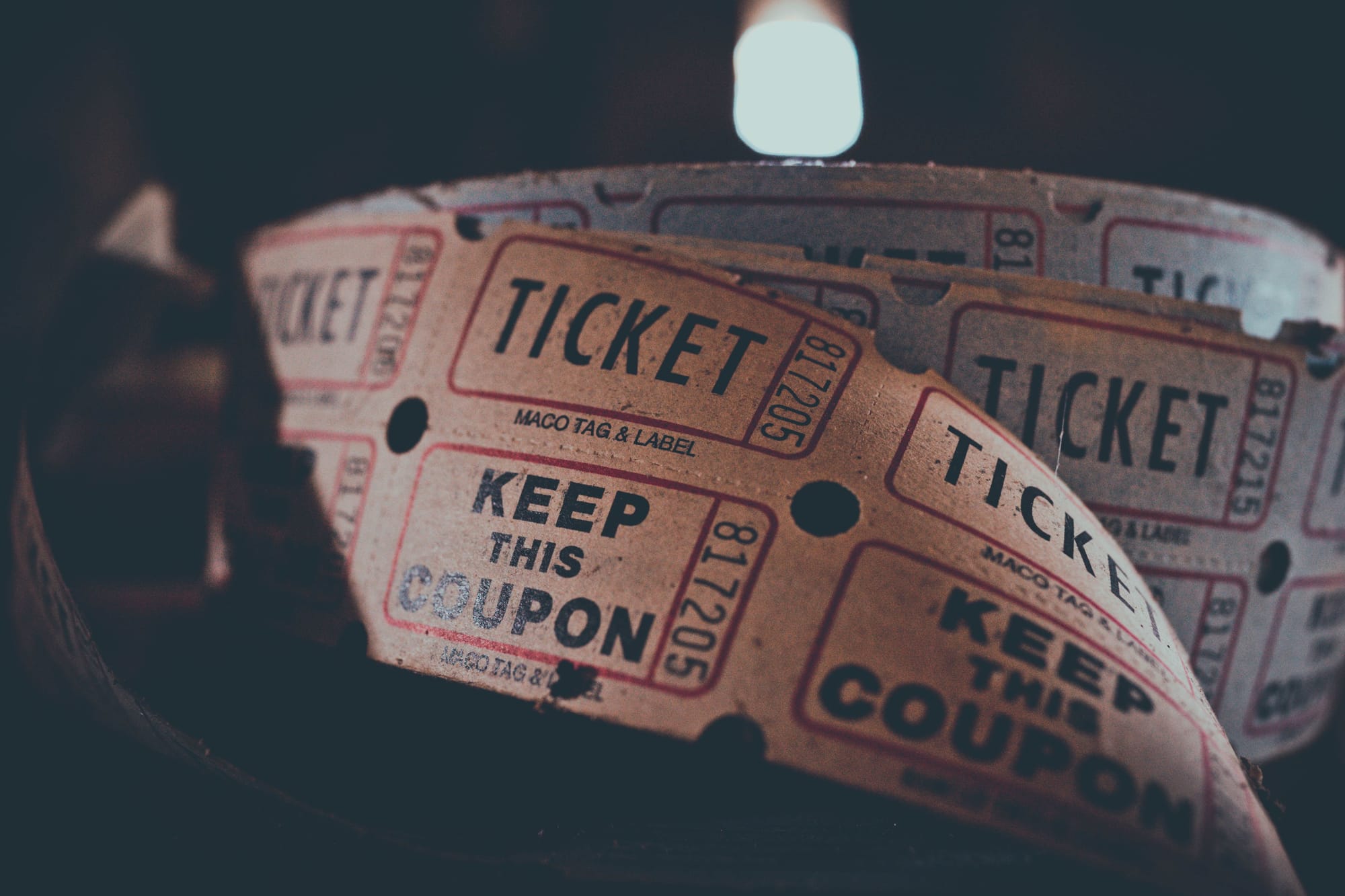Event Experience Strategy – Building Human Connections

by Trace Kingham
Producing large events is thrilling. The biggest thrill for me, however, is not the event size, but the human connections that an event creates on any scale large or small. With social media, technology, demands at work and family demands taking up so much time, we crave personal face-to-face human interactions even more than ever. Events give us that opportunity to connect and bring people together, whether it’s an intimate dinner party or a gala with thousands of guests – events need to be designed to encourage and share human experiences, connect individuals and most of all be real in purpose and form.
Think back to an event where you had the time of your life, the conversations, the laughter, the connections with others…if you keep thinking, you may remember the host, the environment, and what made it such a great time.
Providing a platform for human connections builds engagement, builds community supporting a cause or brand, and lasts well beyond the experience by building memories and a sense of belonging (greater ROI). Think back to an event where you had the time of your life, the conversations, the laughter, the connections with others…if you keep thinking, you may remember the host, the environment, and what made it such a great time. In most cases, you would remember everything, because it was an amazing experience. That is a great event experience! Was it strategy or just good luck? Organizations can’t afford to count on good luck any longer. It’s relatively easy to create an event, invite people to attend and show them a nice time…but today that’s simply not enough.
Build Experiences to create Human Connections
Strategy is what you need to stand out from the crowd. Just like a great marketing strategy, an Event Experience Strategy (EES) is even more important when producing an event. It will create a buzz that will transcend any marketing plan. People will talk about the experience, become loyal to your event/brand and encourage their network to attend, because we want to share this amazing experience with others.
Today, our personal time constraints mean that we have to be strategic with our “spare time” and choose wisely how we want to spend that time. We want to find opportunities that will feed the craving for real human interactions and improving our own human experience. Event Experience Strategy is key to finding your next event success!